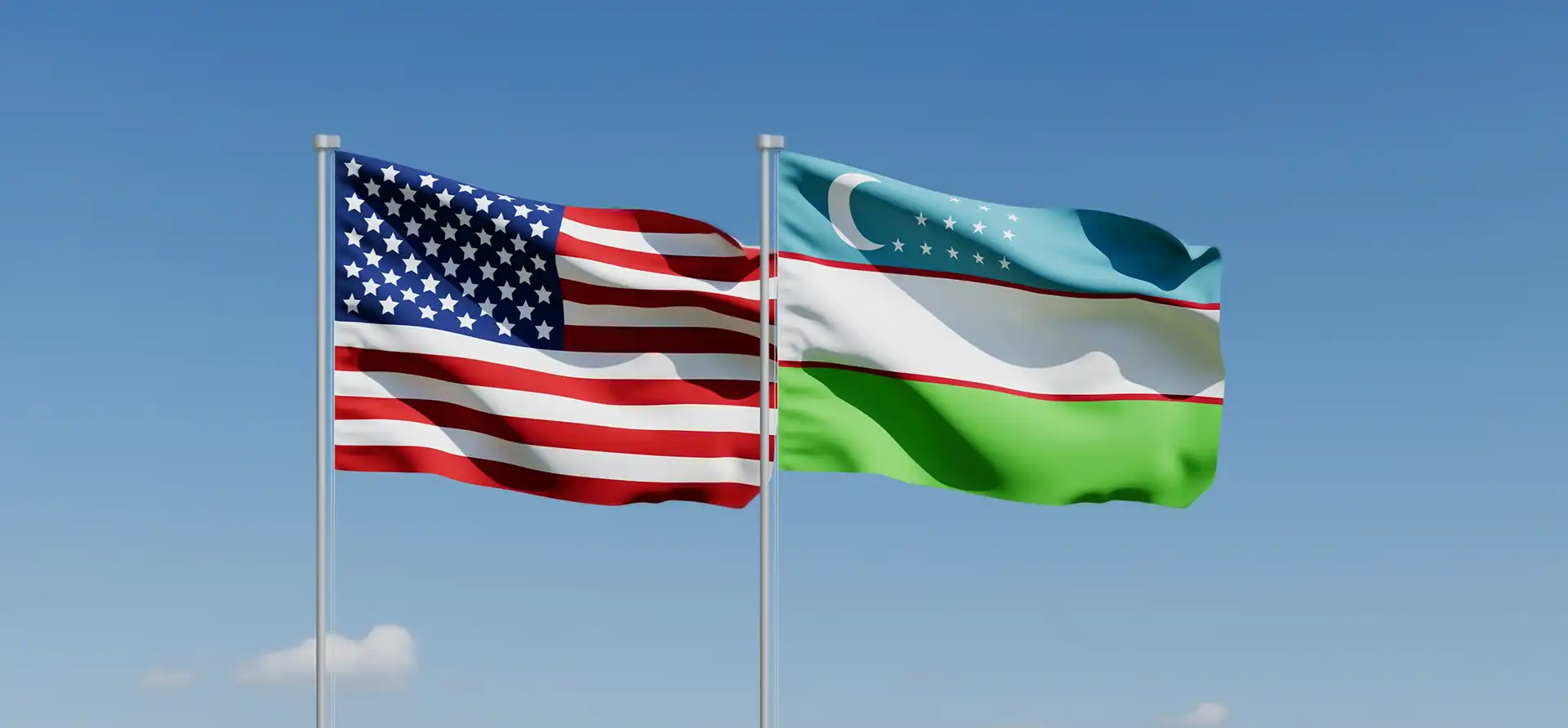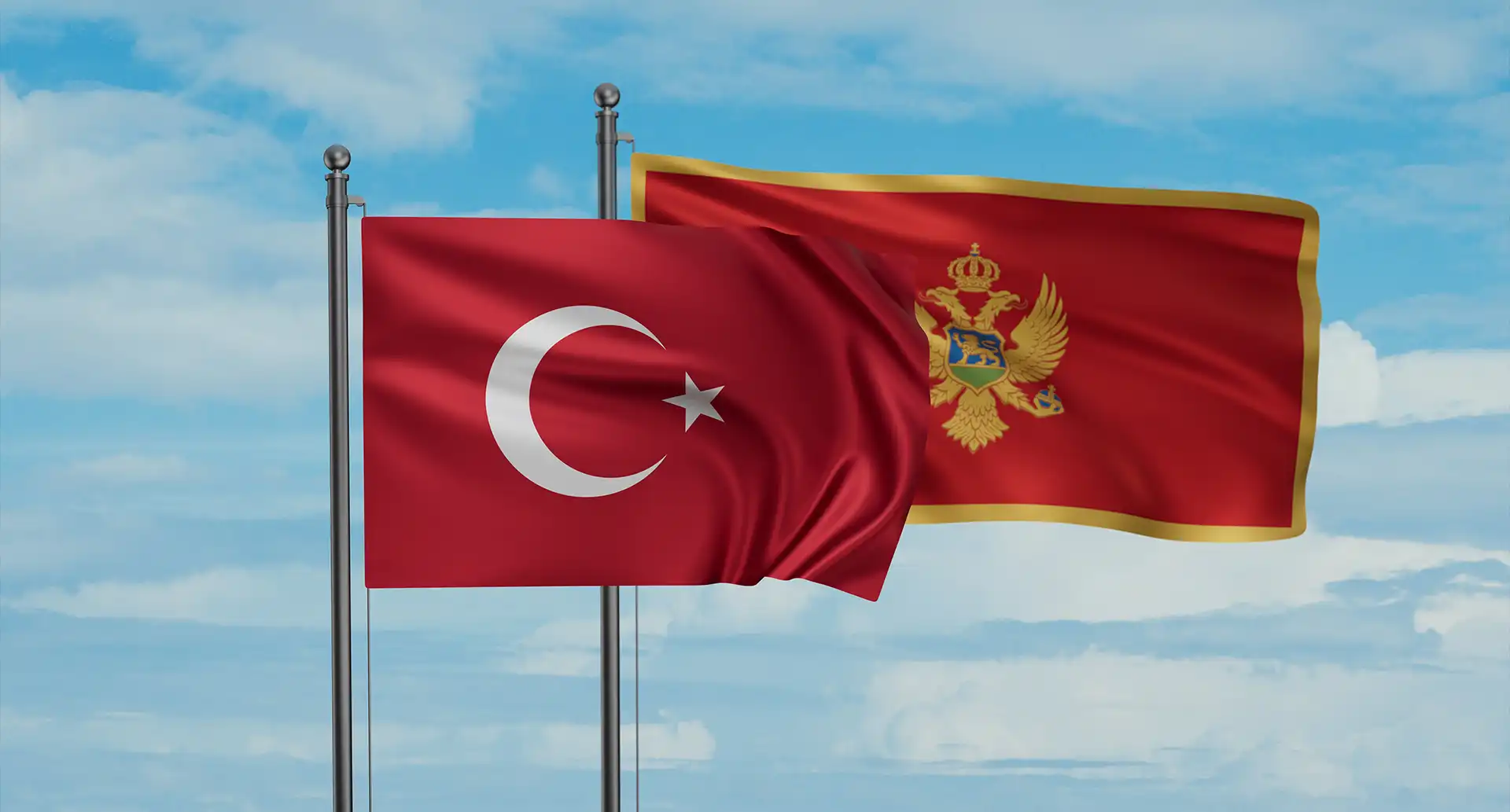

Tunisia
Tunisia passport ranking
The Tunisian passport is currently ranked 71st place on the Guide Passport Index. It provides visa-free access to 66 destinations. This gives it an overall medium-low mobility score. Tunisian passport holders have visa-free access and visas on arrival to countries such as Malaysia, Senegal, and Ecuador. Tunisian nationals require a visa to enter about 163 destinations in the world. Some of the destinations for which a prior visa is required are the United States, the European Union, the United Kingdom and Taiwan.
Tunisia Passport Ranking
The Tunisia passport ranking relative to other global passports is calculated by adding up the number of countries that allow Tunisia passport holders to enter without a visa (i.e. visa-free countries) and those that allow Tunisia passport holders to enter by obtaining a visa on arrival (i.e. visa-on-arrival countries) or an electronic travel authorization (eTA). There are currently a total of 36 Tunisia passport visa-free countries, 28 Tunisia visa-on-arrival countries, and 2 eTA destinations.
Altogether, Tunisia passport holders can enter a total of 66 destinations—either without a visa, through a visa on arrival, or via an eTA. As a result, the Tunisia passport ranks 71 in the world.
Separate from these Tunisia visa-free countries and visa-on-arrival countries, there are 163 additional destinations which Tunisia passport holders either need a physical visa to enter or an eVisa (i.e. visa required countries).
About Tunisia
The Republic of Tunisia is a former French colony consisting of 24 governorates. The nation is situated in Northern Africa and is bordered by Libya, Algeria and the Mediterranean Sea. Tunisia has a surface area of 163,610 square kilometers. This makes it the 35th largest country in Africa. Its climate varies from temperate in the north to hot desert type in the south. Its terrain is characterized by the Sahara in the south, a central plain and the mountains in the north.
Tunisia has an overall population of over 11.7 million people. This makes it the 27th most populated country in Africa. The capital of the nation is Tunis, which is also the most populous city with over 600,000 inhabitants. Other major cities are Sfax, Sousse and Ettadhamen. The largest airport is Tunis-Carthage International Airport (TUN) with more than 6 million yearly passengers. It is named after the famous city of Carthage next to the airport. The airport connects Tunisia to a variety of destinations in Africa, Europe and the Middle East.
Tunisian culture is influenced by a multitude of influences of countries such as France, Spain, Italy, Turkey and the Roman Empire The main religion is the Islam. The official language is Arabic. The legal system is based on the French civil code and the sharia law with a judicial review of legislative acts. The government type is a parliamentary republic. The chief of state is President Kais Saied and the head of government is elected Prime Minister Sara Zaafarani. The elections take place every 5 years and the president is elected directly by popular vote.
The official currency of the country is the Tunisian dinar (TND) with the current exchange rate being TND 3.12 to the USD. The country has an open economy, generating a GDP of approximately $159 billion. Its citizens have a per capita income of $11,936. The GDP is mostly made up of 2 key sectors, which are industry and services. The main products of export are textiles, apparel, food products, petroleum, chemicals and phosphates.
Tunisia is filled with a variety of urban and natural tourism destinations and attractions. It is known for the extremely diverse wildlife, beaches and many historic sites. It has 8 UNESCO world heritage sites spread around the country. Some of the major destinations include the El Djem Amphitheater, Djerba, Carthage, Sidi Bou Said, the Grand Erg Oriental and Hammamet. The nation has a total of over 9.4 million tourists visiting every year. The majority of which are originating from Europe and African countries.










































